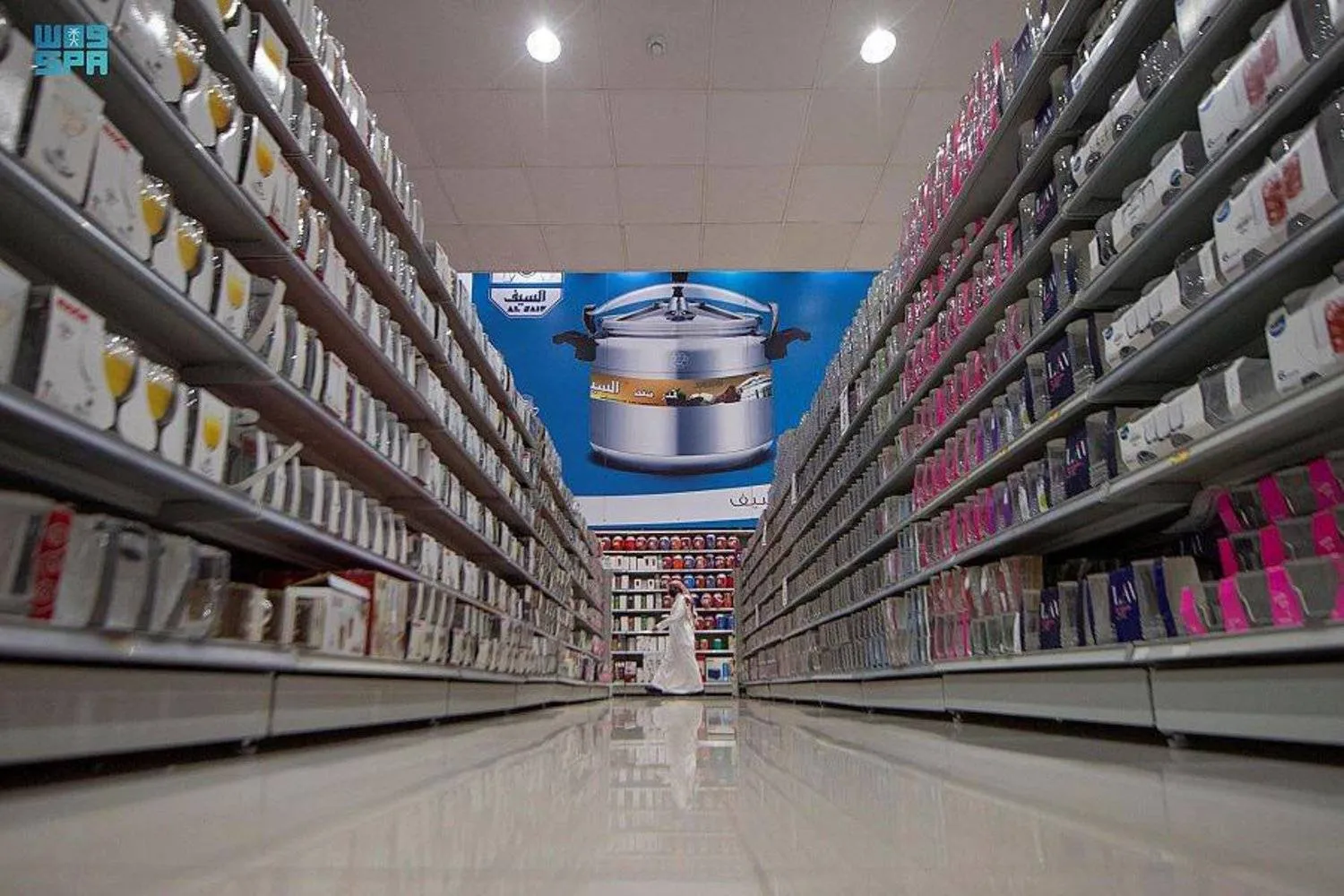A newly released report predicted an increase in the size of the retail trade market in Saudi Arabia to reach SAR 661.1 billion ($176.5 billion) by 2026.
The report noted that the value of e-commerce in the country witnessed steady growth over the past years by 18.24 percent.
According to the report issued by the G World company, which is specialized in studies and sectors analysis, retail trade sales increased to SAR 16 billion ($4.2 billion) in 2017, while the value of sales in 2022 reached more than SAR 37 billion ($9.8 billion), as many merchants have turned to modern retail.
Per capita gross domestic product at current prices increased to SAR 29,000 ($7,700) during the second quarter of the previous year compared to SAR 20,000 ($5,300) in the same period in 2021, the report stated.
Purchases through e-commerce sites increased in the kingdom, the report underlined, noting that the total number of users reached 22 million, at an annual rate of 2.7 percent in 2022.
Meshaal Alshammari, Director of Marketing at Lean Node software development company, said: “The biggest challenge facing the modern retail sector is coordination between daily operations and data follow-up, for both the technical and traditional sides.”
He explained: “Every company must put in place the necessary and basic resources to cover the gaps and guarantee a healthy expansion.”
During a recent lecture organized by the Riyadh Chamber, Alshammari noted that some resources were yet to be exploited in the best possible ways, stressing that the current corporate structure was not ideal to reach sustainability.
“Entrepreneurs find it difficult to obtain capital and launch products quickly and efficiently,” he said, pointing to the presence of a large gap in the Saudi financial technology companies sector.
There are only 147 financial technology companies operating in Saudi Arabia, compared to 1,900 companies in Britain, he remarked.
Mohammad Abu Alsaud, general manager of Paytabs, told Asharq Al-Awsat that one of the means to help entrepreneurs was to resort to qualitative companies in the field of e-commerce.
He stressed that the biggest challenge facing emerging merchants is “their neglect of the feasibility study and its method of operation.”









